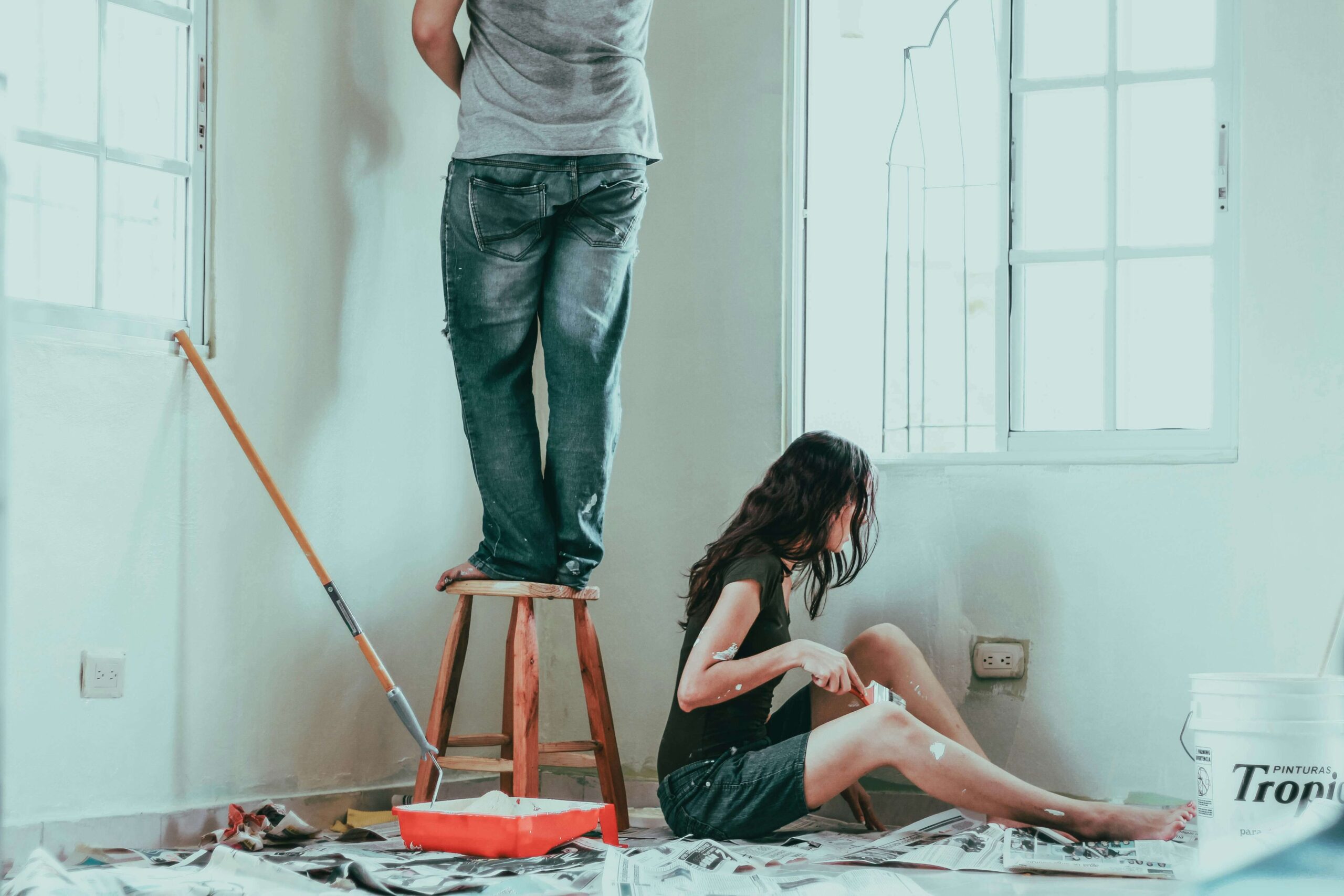
The Pros and Cons of Buying a Fixer-Upper
Buying a fixer-upper home can be an exciting and rewarding venture. These homes often come with lower price tags and the promise of transforming a space into your dream home.
However, fixer-upper homes also come with their own set of challenges and considerations.
Let’s explore the pros and cons of buying fixer-upper homes, helping you determine if this is the right path for your next real estate investment.
Types of Fixer-Upper Homes
When it comes to fixer-upper homes for sale, there are generally two main types: cosmetic fixer-uppers and structural fixer-uppers. Cosmetic fixer-uppers require mainly aesthetic improvements, such as painting, flooring, and minor repairs. These are typically less expensive and quicker to renovate.
On the other hand, structural fixer-uppers need more significant work, such as repairing the foundation, plumbing, or electrical systems. These projects can be more costly and time-consuming but may also offer higher returns on investment.
Pros and Cons of Fixer-Upper Homes
Pros
- Affordability: One of the most appealing aspects of buying fixer-upper homes is their affordability. These properties are usually priced lower than move-in-ready homes, allowing you to purchase in a desirable location without breaking the bank. This can result in significant savings and the opportunity to invest in other areas of your home.
- Customization: Fixer-upper homes offer the unique opportunity to personalize every aspect of your home. From selecting your preferred finishes to designing the layout, you can tailor the space to fit your exact tastes and needs, creating a truly one-of-a-kind home.
- Equity Growth: Renovating a fixer-upper can substantially increase the value of the home. As you make improvements, the property’s market value typically rises, which can lead to significant equity growth over time. This makes fixer-upper homes a smart long-term investment.
- Location: Many fixer-upper homes are located in well-established neighborhoods with excellent amenities. Buying a fixer-upper allows you to live in a desirable area at a lower cost, benefiting from the location’s advantages while you work on the home.
Cons
- Renovation Costs: While the initial purchase price of a fixer-upper may be lower, renovation costs can add up quickly. It’s essential to budget carefully and plan for unexpected expenses that may arise during the renovation process.
- Time-Consuming: Renovating a fixer-upper can be a lengthy process. From obtaining permits to completing the work, the timeline can extend longer than initially anticipated. This can be disruptive to your daily life and require patience and persistence.
- Skill and Knowledge: Successful renovation projects often require a certain level of DIY skills or the ability to manage contractors effectively. If you’re not experienced in home improvement, you may need to hire professionals, which can increase costs.
- Hidden Issues: Fixer-upper homes can come with hidden problems that are not immediately apparent. These can range from structural issues to outdated systems that need replacement. A thorough inspection is crucial to uncover potential issues before purchasing.
Does a Fixer-Upper House Make Sense for You?
Just like in commercial real estate where you carefully evaluate investment potential, budget, and renovation costs, it’s important to do the same with residential fixer-uppers. Before diving into buying a fixer-upper home, assess your budget and financial situation.
Can you afford both the purchase price and the renovation costs? Evaluate your renovation skills and experience. Are you prepared for the challenges that come with a fixer-upper project? Consider your timeline and lifestyle. Do you have the time and patience for a long-term project?
Pro Tips for Buying a Fixer-Upper Home
- Inspection: Always get a thorough home inspection to identify any major structural issues and estimate potential costs accurately.
- Budgeting: Create a realistic renovation budget and include a contingency fund for unexpected expenses.
- Financing: Explore financing options for renovations, such as FHA 203(k) loans, home equity loans, and personal savings.
- Planning: Develop a detailed renovation plan, prioritize projects, and set a realistic timeline to ensure the project stays on track.
- Professional Help: Find reliable contractors and professionals to assist with the renovation. Vet potential hires carefully to ensure quality work.
In Conclusion
Buying a fixer-upper home offers both exciting opportunities and significant challenges. By understanding the pros and cons and carefully considering your personal situation, you can make an informed decision about whether this type of investment is right for you. With proper planning and execution, a fixer-upper can be transformed into your dream home and a valuable asset.
Ready to explore fixer-upper homes for sale in your area? Contact a real estate professional today to find the perfect project and start your journey towards homeownership.
![]()

